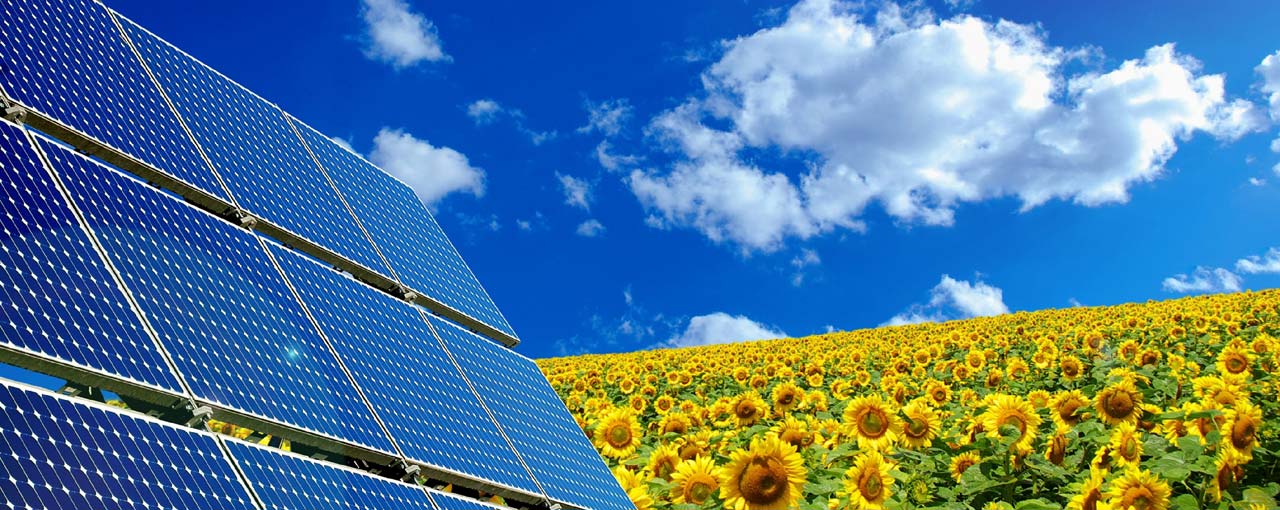Protecting our planet
Improving land use, advancing climate solutions and protecting water resources
We protect forests, promote sustainable agriculture, reduce our environmental impact, help farmers adapt to a changing climate and work to conserve water, improve water quality and promote access to clean water.
Cargill promotes balanced land use and sustainable agriculture to protect forests. We are committed to using our market presence to mitigate agriculture as a driver of deforestation. We recognize that forests and farming are both critical to creating a more sustainable, food-secure future.
Our deforestation pledge: We endorsed the New York Declaration on Forests in 2014, committing to help end deforestation across our supply chains. We pledged to reduce and eventually end deforestation across our entire agricultural supply chain, with the goal of halving it by 2020 and ending it by 2030. Learn more about our deforestation efforts (Cargill.com).
We use our insights as one of the world’s largest buyers of soy, palm oil and other crops to promote sustainable agriculture. We work with farmers, governments, environmental organizations and members of the communities in which we operate to find practical and scalable solutions. Examples of our actions and partners include:
- Palm oil – We are working toward a 100 percent transparent, traceable and sustainable palm supply chain by 2020. Our commitment includes no deforestation of high conservation value (HCV) lands or high carbon stock (HCS) areas, no development on peat, and no exploitation of rights of indigenous peoples and local communities. Learn more about how we are advancing sustainable palm oil (Cargill.com).
- Soy – In 2006, Cargill worked with industry, government and NGO partners to put in place the Soy Moratorium in Brazil. As part of this agreement, we committed not to purchase from or offer financing to farmers who grow soy on lands in the Amazon biome that were deforested after that date. The moratorium has since been adapted to align with Brazil’s new Forest Code and extended indefinitely. Today, we are working with The Nature Conservancy to help farmers comply with the Brazilian Forest Code, enter the rural environmental registry (or CAR) and adopt sustainable practices.
- Partners – Our work with global partners to develop and implement scalable solutions to protect forests includes The Nature Conservancy, Proforest, The Forest Trust, World Resources Institute and World Wildlife Fund.
We have a proven track record of protecting forests and are proud of our progress. Yet we know we have more work to do.

